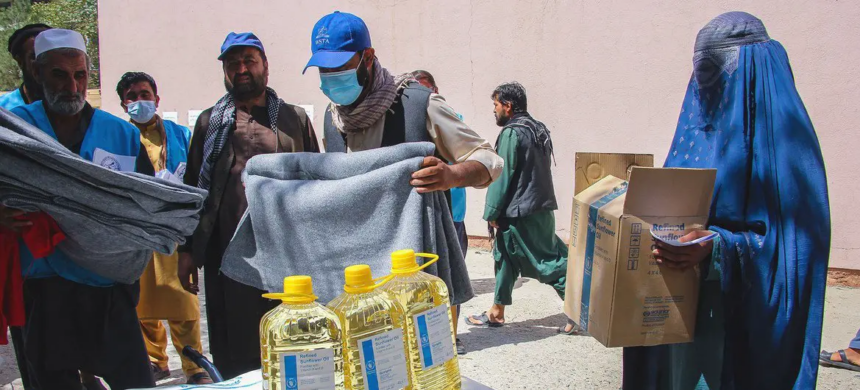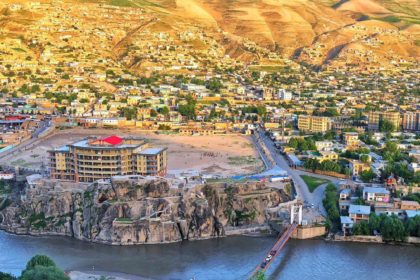RASC News Agency: The humanitarian landscape in Afghanistan has taken a deeply alarming turn, as the Taliban regime intensifies its repression of relief workers in a country already crippled by hunger, displacement, and economic collapse. In its latest monthly report, the United Nations Office for the Coordination of Humanitarian Affairs (OCHA) confirmed that in April alone, Taliban forces detained 29 humanitarian workers 16 men and 13 women across various regions of the country. The wave of arrests, which OCHA described as part of a broader pattern of intimidation, reflects a deliberate campaign by the Taliban to obstruct humanitarian access and suffocate what little space remains for civil engagement. According to OCHA’s statement, issued Sunday, May 25, the Taliban’s abuses extend beyond arrests to include threats, verbal assaults, and the imposition of arbitrary movement restrictions, particularly at checkpoints under their control.
The Taliban’s tactics have not only disrupted aid operations but have systematically targeted female staff. The report notes that 18% of all violent incidents in April specifically affected women, underscoring the regime’s ideological fixation on erasing female participation from public life even within humanitarian sectors. This gender-targeted repression is consistent with the Taliban’s broader policy of gender apartheid, which has criminalized women’s presence in education, employment, public spaces, and now, humanitarian relief. These acts of violence represent a 38% increase from March, marking a sharp upward trajectory in Taliban hostilities against the humanitarian sector. The trend is not only dangerous it is unsustainable. Humanitarian organizations, already strained under mounting logistical and funding constraints, now face the added threat of state-sanctioned persecution. This calculated interference endangers both the deliverers and recipients of life-saving aid and places millions of impoverished Afghanistanis at even greater risk of starvation, illness, and displacement.
Since the Taliban’s return to power in August 2021, the group has shown little regard for the principles of humanitarian neutrality, choosing instead to view aid agencies as ideological threats to its authoritarian rule. The regime’s actions reveal a disturbing strategy: the consolidation of power through deprivation. By attacking humanitarian workers and constraining the flow of international aid, the Taliban are effectively weaponizing suffering as a means of control. Meanwhile, international donors and humanitarian institutions find themselves caught in a dangerous paradox continuing to provide aid under Taliban rule risks legitimizing the regime, yet withdrawing would condemn millions of civilians to further destitution. The moral and logistical dilemmas faced by the international community are compounded by the Taliban’s refusal to comply with international humanitarian law and its relentless effort to strip Afghanistan of its last remaining lifelines.
Unless swift, coordinated pressure is exerted on the Taliban by the global community including targeted sanctions, diplomatic isolation, and conditions on aid the regime’s suffocation of humanitarian work will persist unchecked. The world cannot afford to turn away as the Taliban tighten their grip on a silenced and starving nation.






